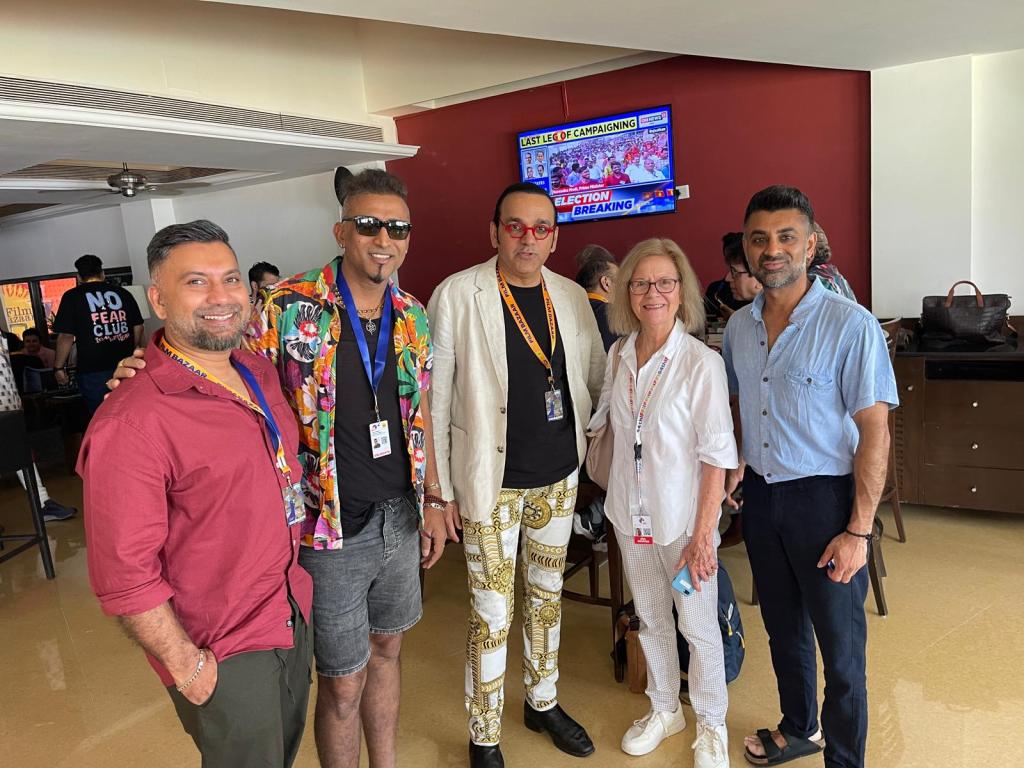India has become the 14th country to officially sign a co-production treaty with Australia after the Federal Government confirmed yesterday it had ratified an agreement with the South Asian nation.
Prime Minister Anthony Albanese and Indian Prime Minister Narendra Modi signed a bilateral audiovisual co-production agreement in March this year as a side measure of the interim India-Australia Economic Cooperation and Trade Agreement.
In August, India’s Union Cabinet, chaired by Modi, approved the signing of the deal, which was then put before Australia’s Joint Standing Committee on Treaties.
As a result of the agreement, which came into effect on Monday, projects in both countries will be able to access government funding including grants, loans, and tax offsets.
In welcoming the deal, Arts Minister Tony Burke described India as “a global film powerhouse”.
“As a long-time Bollywood fan, I can’t wait to see how this plays out and know this will be a game-changer for both Australian and Indian filmmakers,” he said.
The treaty comes two years after the establishment of an Australia India Film Council (AIFC), designed to build stronger ties between the Australian and Indian film industries.

AIFC chair and filmmaker Anupam Sharma was invited to speak before the Joint Standing Committee on Treaties, and is also the director of Brand Bollywood Downunder, a newly-released feature documentary about the ‘bollywoodisation’ and globalisation of Indian cinema through its 89-year-old love affair with Australia.
Speaking from the Indian state of Goa, where his film is having its international premiere at the International Film Festival of India (IFFI), Sharma told IF it was a delight to finally see the treaty active.
“Every part of me is excited at the opportunities which this treaty will bring for professional filmmakers from Australia and India and other co-production countries like the UK, which has a big Indian diaspora,” he said.
“It seems like yesterday when I was first invited by the then Australian Film Commission to participate in the first discussions on a co-production treaty in 2003. Now it is a reality.”
Joining Sharma in Goa is Pritesh Raninga, CEO of Forum Films, a company that specialises in the distribution of Indian films across Australia, New Zealand, and Fiji.
He told IF the treaty would be a “huge boost” for his company as it took its support of Australian films with Indian elements to the next level.
“For generations, my company has been distributing Indian films in Australian theatres,” he said.
“Thanks to this treaty, Forum is now moving into co-production and we have successfully invested in the development of Australia-India co-productions, which will be easier to make with the treaty and more commercially viable.”


